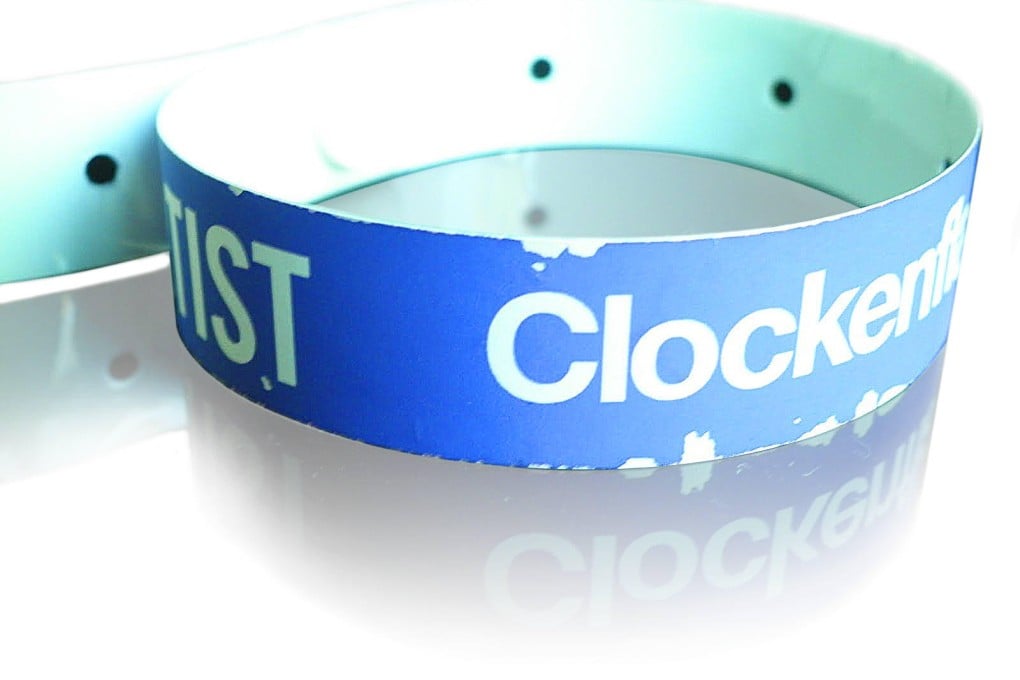Clockenflap festival is music fans' big ticket
Clockenflap returns to the scene of last year's triumph with an eclectic mix of established and rising stars, writes Charley Lanyon

"You know, none of this makes any sense. A freak show, a giant cuckoo clock, none of it makes any sense." That's Jay Forster, one of the founders of Clockenflap, Hong Kong's only international music festival, going over the new additions to this year's event. Fellow founders Mike Hill and Justin Sweeting share Forster's sense of giddy wonder. That giant cuckoo clock is as good a symbol as any of just how far Clockenflap has come.
Clockenflap is the product of three creative friends and their frustration with live music in Hong Kong. Hill, Forster and Sweeting bonded as members of the electronic music collective, Robot, in the 1990s. For four years Robot played at Rockit, then Hong Kong's only major music festival for which Sweeting was the music director and Forster handled the visuals and branding. When the festival folded it left a gaping hole in Hong Kong's already struggling music scene and after two years the members of Robot couldn't take it anymore: "We were like, 'This is rubbish. That was like the one week in the year when Hong Kong kind of got exciting. We decided we would do it ourselves," Forster says.
Starting a music festival is no easy task but eventually, in 2008, the first Clockenflap Music and Arts Festival kicked off at Cyberport, with 2,000 music-hungry revellers in attendance. The crowd swelled to 4,000 the next year.
At first Clockenflap settled in happily at Cyberport, says Hill: "Starting a festival is all about baby steps. If you overextend it, it just doesn't work, and Cyberport was perfect for that. It was a really nice environment. There was everything we wanted there, there was power, there were toilets, there was security. It just felt really cosy."
But the venue was small and, as the festival grew, the organisers knew it was a matter of time before noise complaints started coming in. "It was never going to work. We were so stressed out through the whole thing, worried about when we were going to get complaints and how we were going to handle the police," Hill says.
The team brainstormed ideas to avoid noise complaints including one doomed-to-fail scheme that involved bands playing in giant sound-proofed cubes, but the writing was on the wall; by 2010 the powers that be had had enough.
